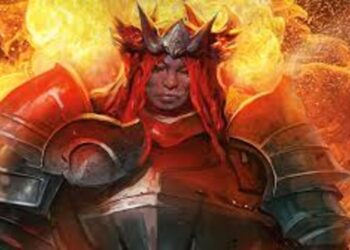Elon Musk, the CEO of Tesla, SpaceX and Twitter, was once a co-founder of OpenAI, an artificial intelligence research group. However, in 2018, Musk decided to exit OpenAI over disagreements about the company’s development. He has said he left OpenAI to avoid a possible conflict of interest with Tesla and because he “didn’t agree” with some of the team’s ambitions.
Musk reportedly told Sam Altman, co-founder of OpenAI, that he wanted to take over the company to accelerate development. However, Altman and the board at OpenAI rejected the idea that Musk—already the head of Tesla, The Boring Company and SpaceX—would have control of yet another company. After Musk left he took his money with him, which forced OpenAI to become a private company in order to successfully raise funds.
Musk has also disowned OpenAI after Microsoft’s latest multibillion-dollar investment in OpenAI last month. He said it no longer resembled anything like what he had once co-founded in December 2015. According to Musk, it was designed to be an open-source nonprofit, which was the very reason why it was dubbed OpenAI. “Now it has become a closed source, maximum-profit company effectively controlled by Microsoft,” he posted to Twitter. “Not what I intended at all.”
In addition to his disagreements with the direction of OpenAI, Musk has also expressed frustration with ChatGPT, a chatbot developed by OpenAI that has become incredibly popular since it was first made public. According to people familiar with the matter, Elon Musk was “furious” when OpenAI’s remarkable chatbot ChatGPT debuted after he pulled his investment and left OpenAI.
Musk’s departure from OpenAI and his subsequent disowning of the company highlight the complex nature of the development of artificial intelligence and the differing visions for its future. His frustration with ChatGPT may stem from his desire for control over the development of AI technology and his belief that it should be developed in a certain way.







